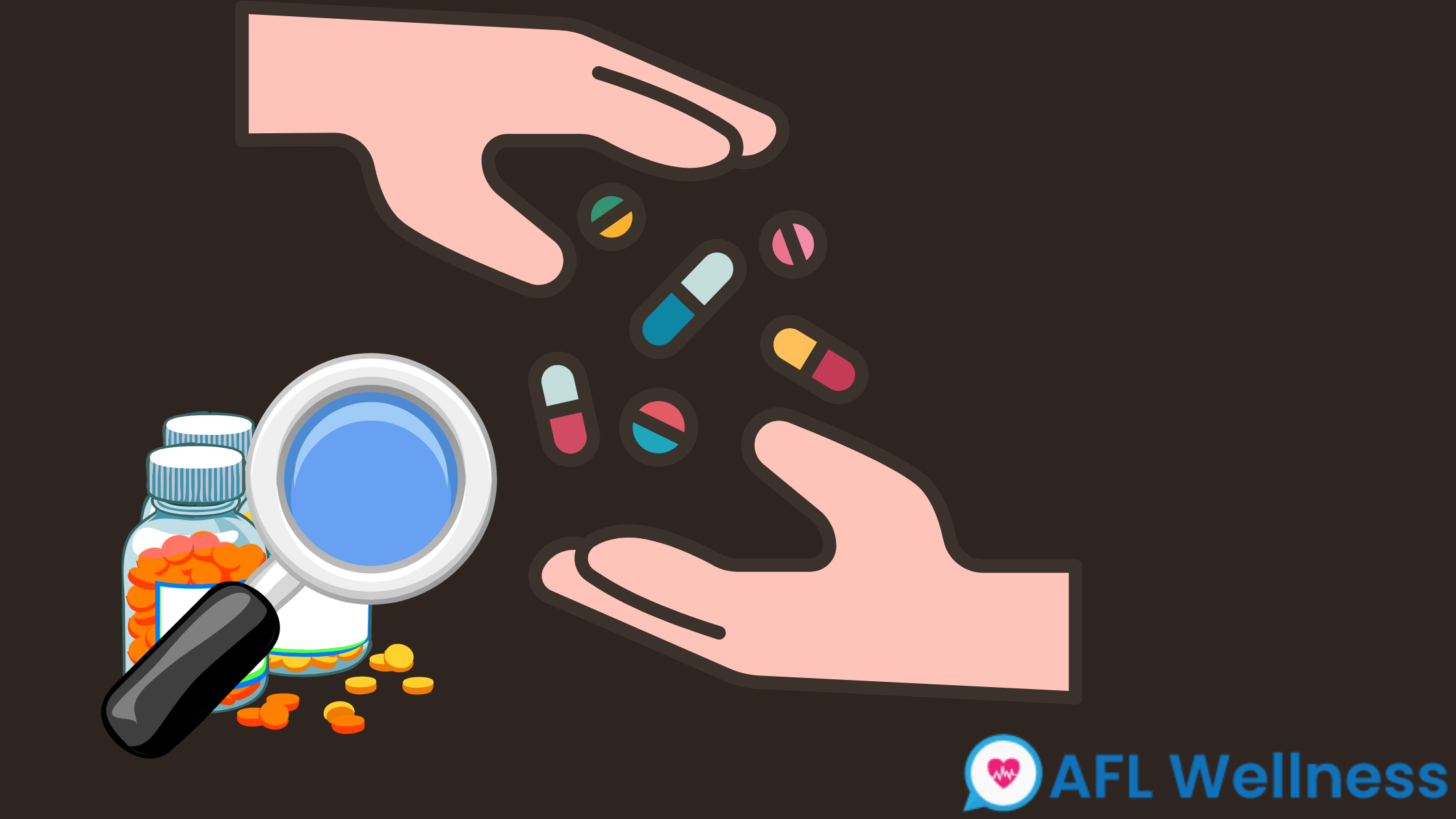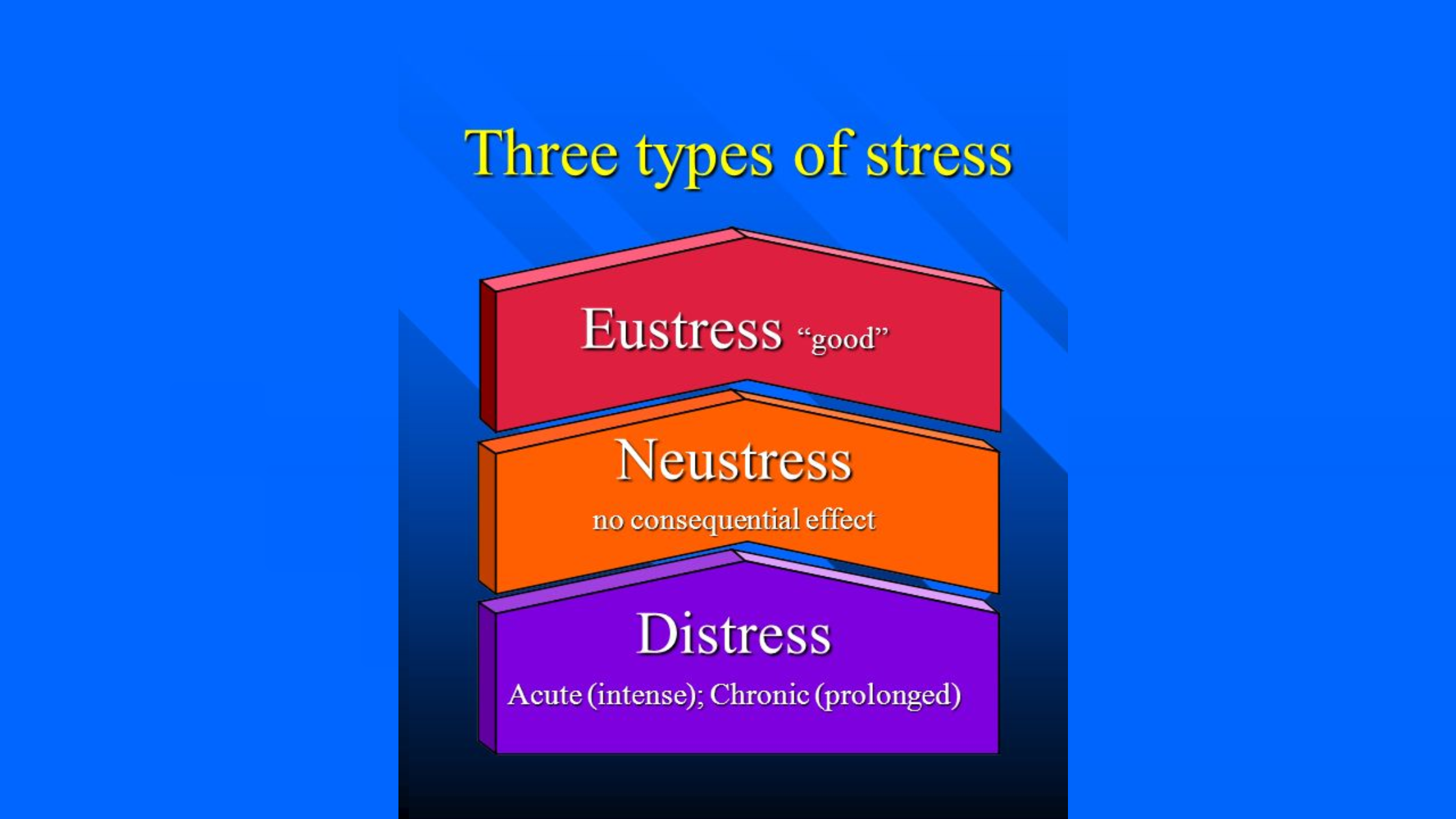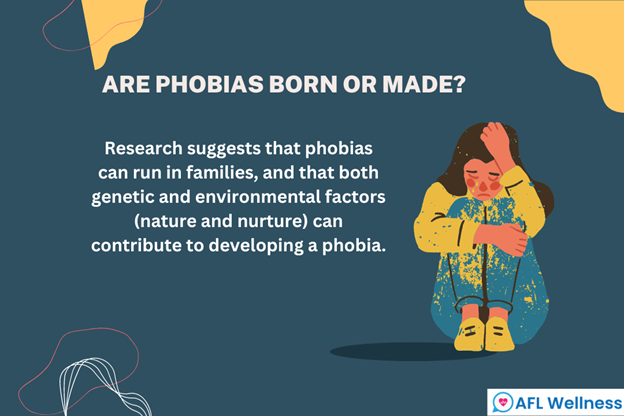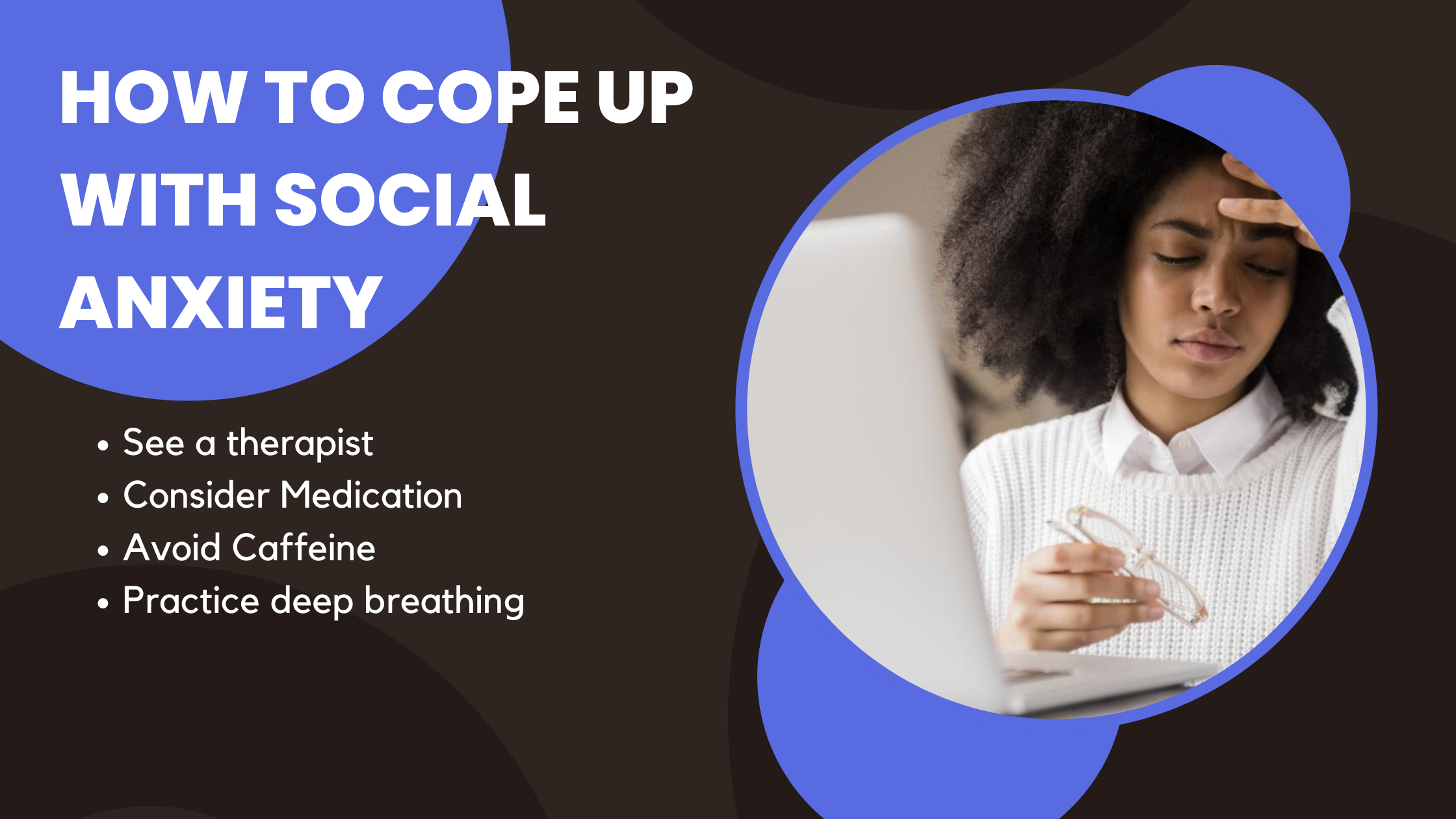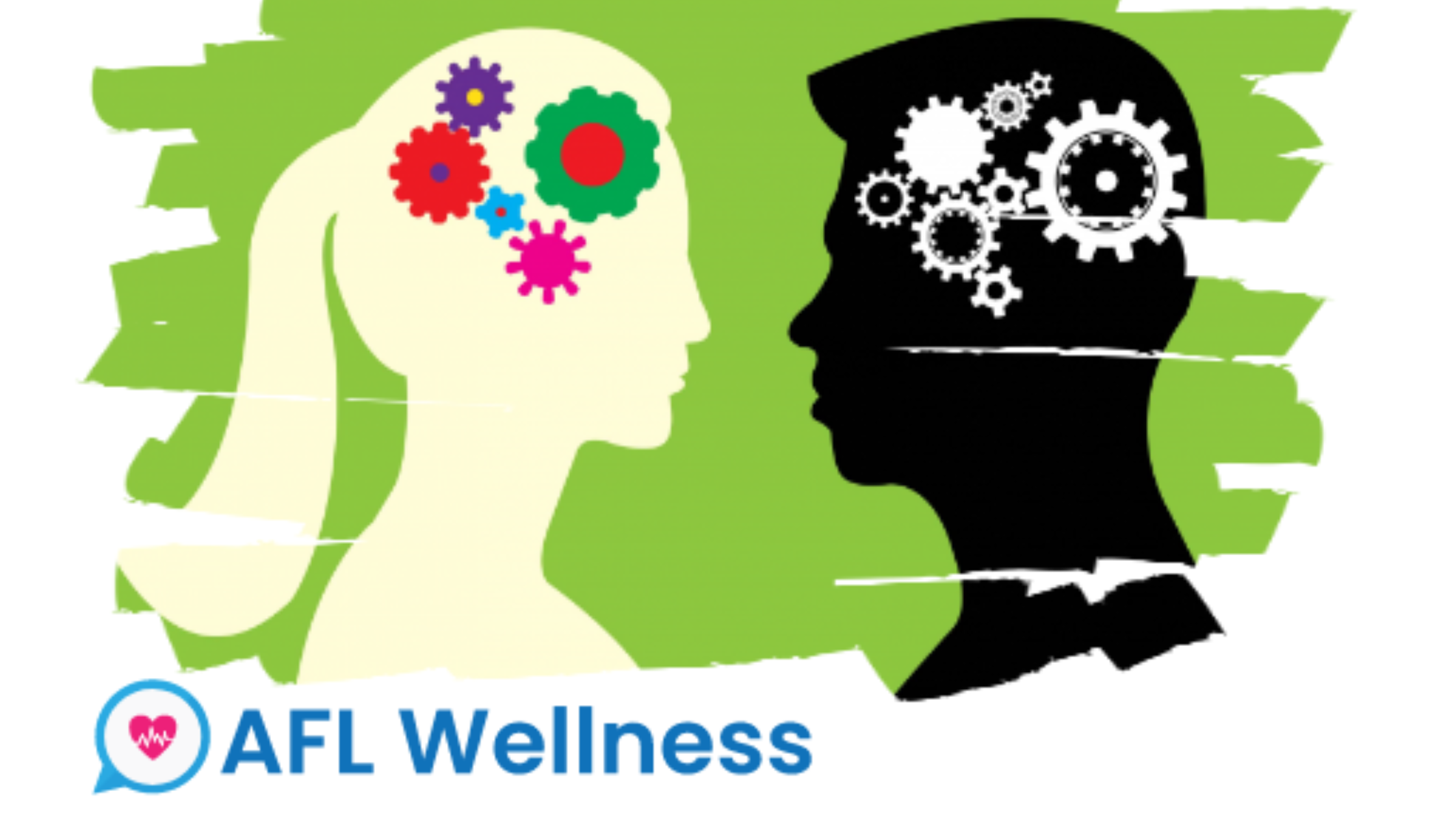
April 25, 2024
Drug-Induced Psychosis
Drug-induced psychosis can occur when someone uses drugs (DIP). DIPs can happen to newbies who consume excessive amounts of their preferred drug or any quantity. Many times, people are unaware that they have a DIP. When drug usage results in signs of psychosis-like:
- Fear
- Anxiety
- Paranoia
- Suicidal ideas
Most illegal substances are famous for making users feel happy, giddy, or even laugh. However, these emotions frequently come at a cost because the destructive consequences of these medicines can range from minor to devastating.
A temporary condition known as psychosis makes a person momentarily perceive the world differently than those around them. The term "drug-induced psychosis" refers to psychotic episodes, such as hallucinations or delusions brought on by substance usage. A sensitivity to the disease can either worsen the existing condition or lead to the onset of mental illnesses, including schizophrenia and bipolar disorder, which psychotic symptoms can define.
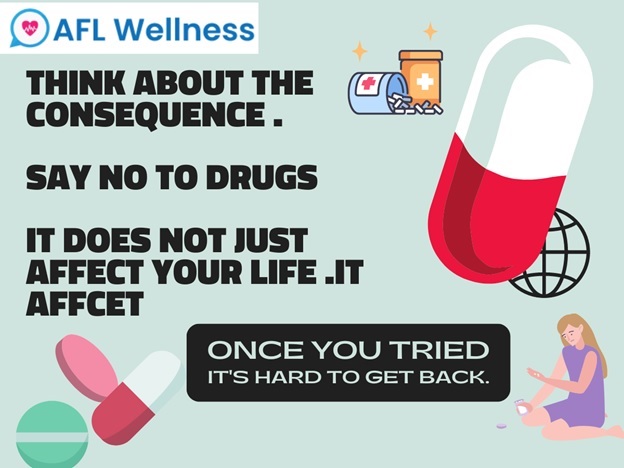
Drug-Induced Psychosis Symptoms
The signs of drug-induced psychosis are frequently progressive, with the drug's toxicity becoming more deadly as the regularity and quantity of the substance increase with habit. If you have an ongoing mental health condition, using psychoactive drugs will most likely worsen your symptoms, cause intense substance-induced psychotic, and can hasten the onset of psychotic diseases. Even if you are not treated for co-occurring mental illness, heavy alcohol and drug use can trigger psychotic symptoms.
Among the signs of drug-induced psychosis are some of the followings:
- Paranoia
- Delusions
- Visual and auditory hallucinations
- smell-related hallucinations
- Antisocial conduct
- Fear strikes
- Confusion
Drug-induced psychosis treatment
Stopping the usage of the substance that initially triggered the psychosis is a necessary first step in drug-induced psychosis treatment. With carefully chosen drugs that exclusively treat withdrawal symptoms, Priory's medically supervised detoxification program will ensure you don't interact with medicines that could create a habit or interfere with the medication you're abusing.
Cognitive behavioral therapy (CBT), a realistic and problem-solving cognitive therapy, can help you learn more about the ideas and moods you experience before psychotic episodes, enabling you to regulate your emotions and paranoia more quickly and become aware of triggers. Because of the seriousness of drug-induced psychosis and its corresponding psychotic conditions, family therapy, which enlists your loved ones, might also be used to treat drug psychosis. This will help to ensure that you have enough support at home to safeguard relapse and manage consequent signs, significantly reducing the need for intensive hospital visits.
As part of a customized treatment plan, Priory's experienced counsellors and specialists can provide you with a safe and comprehensive treatment environment while addressing any underlying health issues that may have been exacerbated by substance abuse. These trained professionals in treating drug-induced psychosis.
Which factors increase the risk of drug-induced psychosis?
There are various factors that may risk an increase in drug-induced psychosis. Are you aware that Drug misuse is one of the reasons that might lead to drug-induced psychosis. Additionally, those with a history of mental disorders are more prone to drug-induced psychotic symptoms. Drug potency, purity, and dosage are other variables that might lead to drug-induced psychosis.
So before a severe attack, you may visit your doctor and reduce your drug overdose.
How to Identify Someone Who Has a Drug-Induced Psychosis?
Losing touch with reality is one of the characteristics of psychosis. If you have ever experienced or witnessed a drug-induced psychosis, you may have wondered why it happened. What's more, how may drug-induced psychosis be handled? Abstinence from drugs is the only approach to stopping permanent drug-induced psychosis. Among the signs of drug-induced psychosis are
- Sensory disruptions include seeing or hearing things that aren't there (hallucinations), experiencing sensations on the skin even when nothing is there (auditory hallucinations), etc. (paresthesia’s).
- Having delusions or feeling that someone or something is attempting to harm you are examples of thought disturbances.
- Mood swings range from mania and fury to mania and sadness, along with times of being in an everyday mood.
- Urges one to do specific things frequently, such as cleaning, cursing, yelling, sobbing, or laughing.
The psychotic symptoms brought on by drugs may last for a while or not at all. It's common to refer to prolonged drug-induced psychosis as long-term psychosis. A person's risk of later developing schizophrenia is increased by drug-induced psychosis that lasts for a long time.
Alcohol-induced psychosis
The term "alcohol-induced psychosis" refers to a wide range of psychotic illnesses that may develop as a result of excessive alcohol use. Hallucinations and delusions are common symptoms of this psychosis. It may happen during acute intoxication, recovery, and alcoholism, among other stages of alcohol consumption.
Alcohol-included Psychosis Warning Signs
People frequently struggle with drug disorders and mental health concerns simultaneously. A heavy drinker who turns to alcohol as a coping mechanism has to get alcohol and depression treatment. A regular drinker who begins to perceive unreal sounds or sights should also get aid from a specialist.
Those with alcohol-induced psychosis will start to display other symptoms that can be more severe in addition to the more typical symptoms of alcoholism, such as anxiety and depression, drinking alone, agitation, shakiness, and a reduction in personal cleanliness. The appearance of delusions and hallucinations that accompany excessive alcohol consumption or in the withdrawal phase after regular drinking is the most typical indicator that this condition is present.
Although delusions and hallucinations are symptoms of schizophrenia and psychosis, this psychosis should have a clear connection to the individual's alcohol addiction and intake. Due to this slight difference, alcohol-related psychosis can be challenging to identify, and it can take some time to distinguish it from other potential mental health conditions.
Examining a person's family history is another approach to tell if they have a psychotic condition that is caused by anything else from one that is specifically linked to their alcohol usage. Family background of alcohol misuse without a history of psychotic diseases in the patient's family is a strong indicator that the patient is experiencing alcohol-related psychosis. If a family member or friend is displaying symptoms of alcoholism.
Furthermore, there is no drug-induced psychosis test that may positively diagnose psychosis, but you may connect with a doctor who will assist with the test according to your stress level.
What is the time duration required to recover from substance-induced psychotic?
It is commonly rapid, settling in a couple of hours or days. Yet, it's a severe sign that usually needs emergency medical intervention. One in five individuals with a record of psychosis intention to try to destroy themselves. So why are you holding back? Do not wait till your loved one suffers from a severe attack. Do visit the AFL wellness center, as they provide various platforms and techniques which may help your loved one to recover faster and be with you. We also provide free consulting services to individuals who are suffering from these disorders. Psychosis can be treated, and numerous individuals make a good recovery. Analysis reveals that the sooner intervention happens, the more valuable the treatment result. Therefore, it is essential to get help as early as possible.
